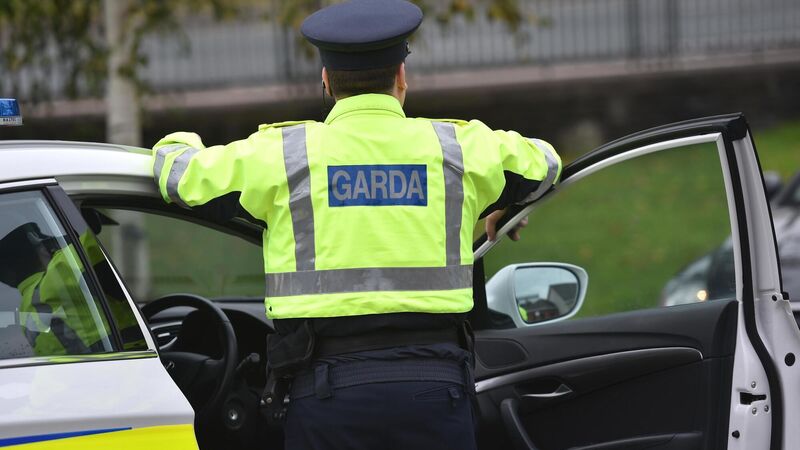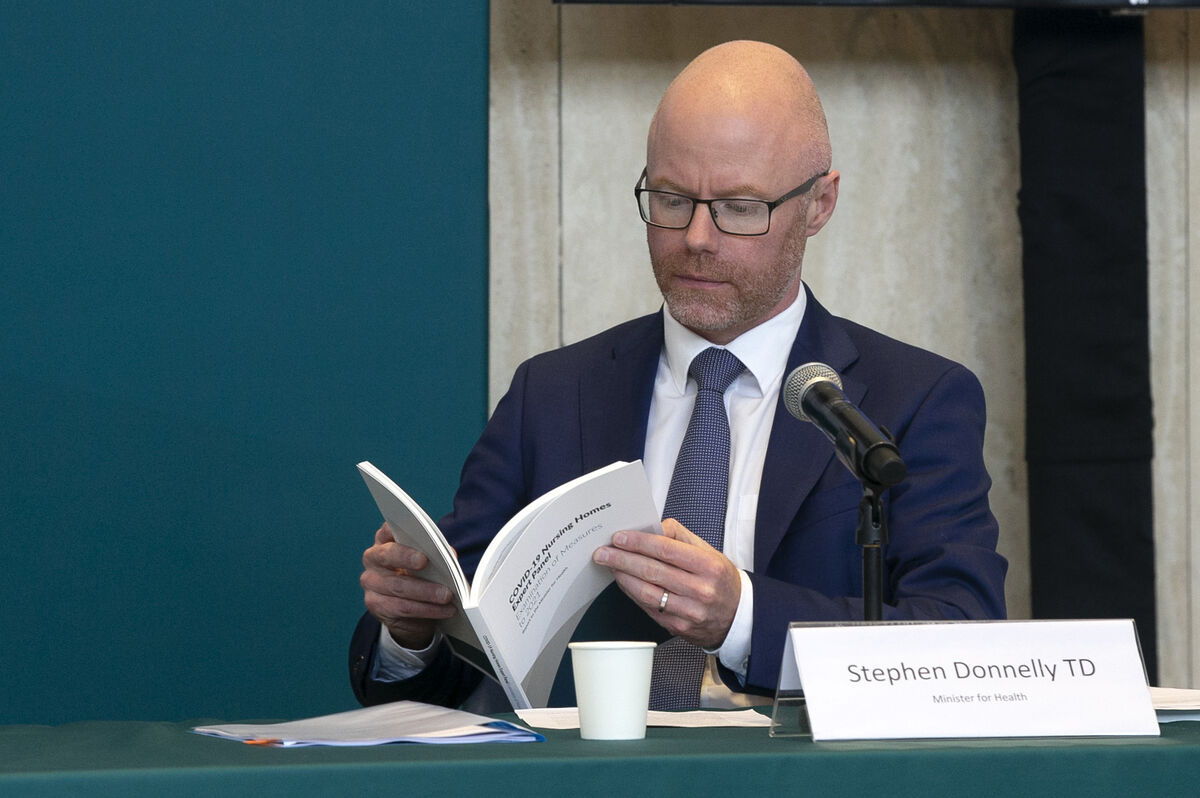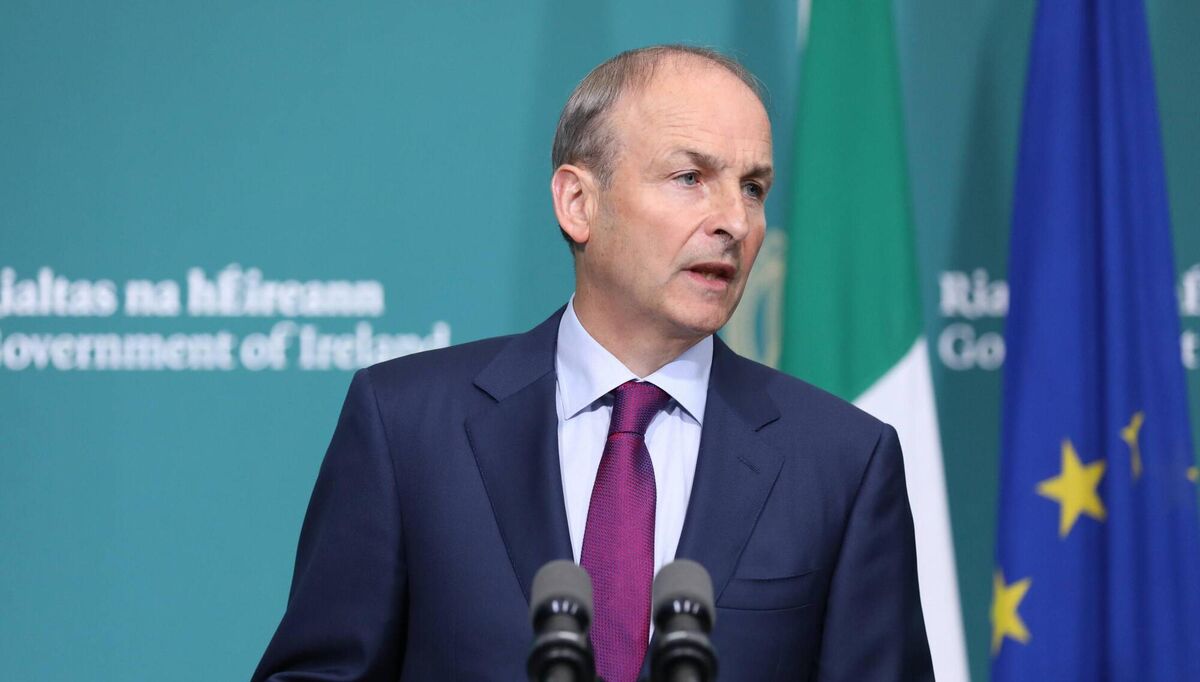Controversial powers for gardaí to break up parties 'definitely possible' but difficult to implement

Health Minister Stephen Donnelly said what the Government was examining were “appropriate powers” to deal with house parties posing a public health threat. File picture: Dan Linehan
Controversial proposals to allow gardaí break up house parties are “definitely possible” legally — but practical implementation will be difficult, legal experts have said.
Constitutional lawyers said legislation could be introduced as long as it was tightly focused on tackling the public health risk and had a “sunset clause”.
However, given the complex area of law, experts are unclear how long it will take to draft, publish, examine, and enact such proposals.
The Garda Representative Association said such laws would need to be “carefully teased out and robust”.
Association president Jim Mulligan said gardaí should be involved in the framing of proposed powers, saying previous changes to restrictions have been “poorly communicated” and that there were “no excuses” this time.
Health Minister Stephen Donnelly said gardaí would not be “wandering into houses” and what the Government was examining were “appropriate powers” to deal with house parties posing a public health threat.

Dr Seán Ó Conaill, a lecturer on constitutional law at UCC, said that while the constitution contained very strong provisions protecting the home, these rights, like almost all constitutional rights, were conditional.
He said the exception typically referred to the “public good”, particularly “public health”.
“It is definitely possible, as long as the attorney general can go into court and say ‘this is public health provision, it’s temporary, there’s a sunset clause, and is just on this issue’ — it should be okay.”
Conor Power SC, specialising in constitutional law, said: “It’s probably constitutionally possible to frame a piece of legislation to allow guards to break up house parties in private houses as an exceptional measure in exceptional times, that is time limited during the pandemic, that is possible.”
Professor Shane Kilcommins, of UL School of Law, said it was a “complex area of law” and that the “sanctity of the dwelling” was protected in the Constitution.
However, he said: “The extension of Garda powers may still be necessary, particularly under the current emergency provisions. The threat posed, and the need to protect citizens and communities, can justify the use of extended powers which limit rights. Nonetheless, the emergency does not provide a carte blanche — any restrictions must be demonstrably necessary and proportionate to protecting public health.”
GRA president Jim Mulligan said: "The suggestion that gardaí will be able to enter private homes presumably without a warrant, needs to be carefully teased out and the new legislation will need to be robust and carefully thought out.”
The measures are part of proposals Government has referred to the attorney general for consideration. Taoiseach Micheál Martin has also called for gardaí to have the power to close pubs for breaching regulations.

As reported in the on Monday the only public health regulation on pubs attracting a criminal sanction, and enforceable by gardaí, was the requirement to serve a meal with alcohol.
Mr Mulligan said: "The proposed powers for gardaí to shut licensed premises will need to be very clearly explained to our members and to the unions and representative associations.”
Prof Kilcommins said that in relation to home entry, warrants are required, save for limited exceptions.
Mr Ó Conaill said one issue to be determined is if a senior garda can certify entry or if a judge or peace commissioner needed to issue a warrant.
The legal experts agreed implementation would be the main difficulty, with gardaí on the ground tasked with determining if a house party was underway.
“It would be also be potentially dangerous for gardaí,” said Mr Ó Conaill.
The Irish Council of Civil Liberties said it was “very concerned” about expanding garda powers to private property from a “rights and constitutional perspective”.





